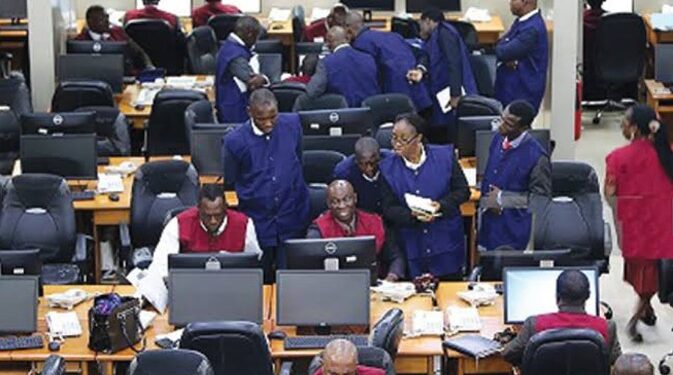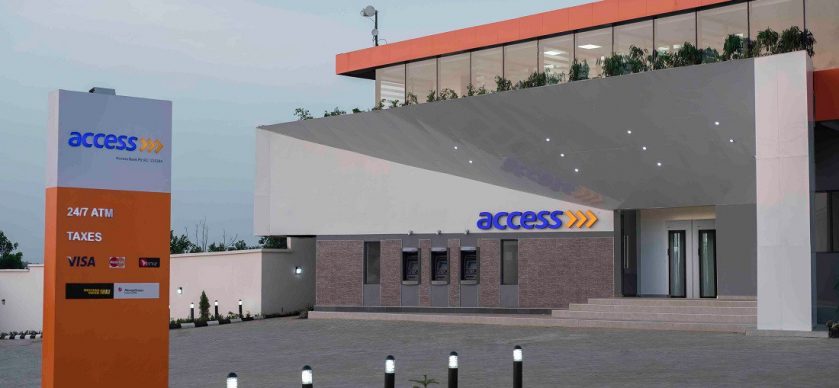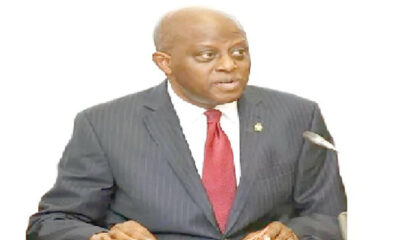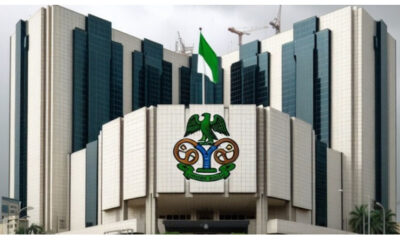Economy
CBN Blames Ageing Pipelines for Oil Revenue Crash

Abuja – The Central Bank of Nigeria (CBN) has attributed a significant decline in oil revenue for the third quarter of 2024 to ageing pipeline infrastructure and operational inefficiencies.
-
Apple’s “Campos” AI Chatbot Set to Replace Siri in Major Overhaul
Apple is gearing up for one of the most significant changes to its artificial intelligence strategy in years. The tech giant plans to replace Siri with a fully integrated AI chatbot, codenamed “Campos,” which will be built directly into iPhones, iPads, and Macs later this year. The move signals Apple’s intent to compete more aggressively…
-
Nigerian Exchange Ends Thursday Mixed as Trading Volume Falls
The Nigerian Stock Exchange (NGX) closed Thursday, January 29, 2026, with a modest uptick in its benchmark indices, even as market activity experienced noticeable declines compared to the previous session. By the end of trading, a total of 550,402,871 shares changed hands across 38,635 deals, representing a market value of ₦14.14 billion. This marked a…
-
Access Bank Sets Agenda for Africa Trade Conference 2026
Access Bank Plc has positioned the 2026 Africa Trade Conference (ATC) as a strategic platform to advance Africa’s role in global trade, facilitate policy dialogue, and deepen partnerships between African and international markets. Group CEO Roosevelt Ogbonna said the conference, themed “Turning Vision into Velocity: Building Africa’s Trade Ecosystem for Real-World Impact,” will gather leaders…
The apex bank’s latest economic report revealed a 24.72% drop in oil revenue to N1.30 trillion compared to the second quarter. This shortfall was primarily due to lower receipts from petroleum profit tax and royalties. Furthermore, the revenue significantly missed the quarterly target by 75.39%, largely attributed to frequent shutdowns caused by deteriorating pipelines and installations.
Despite a modest increase in crude oil production, challenges like theft, vandalism, and infrastructure deficits severely impacted Nigeria’s oil revenue performance. The report highlighted that the ageing infrastructure not only reduced efficiency but also hindered the country’s ability to meet its OPEC production quota.
Global factors also contributed to the decline, with the average spot price of Nigeria’s Bonny Light crude falling by 5.45% to $82.23 per barrel during the quarter.
While the oil sector struggled, the Nigerian economy recorded a 3.46% growth in Q3 2024, driven by the non-oil sector. However, the oil sector’s growth slowed to 5.17% year-on-year due to operational inefficiencies and declining crude oil prices.
The fiscal implications were substantial, with federally collected revenue falling short of the budget benchmark. The fiscal deficit, though narrowing compared to the previous quarter, widened significantly relative to the quarterly target, reflecting ongoing fiscal pressures.
The report concluded that Nigeria’s goal of achieving an oil production target of 2 million barrels per day by the end of 2024 remains under threat due to these persistent challenges.














